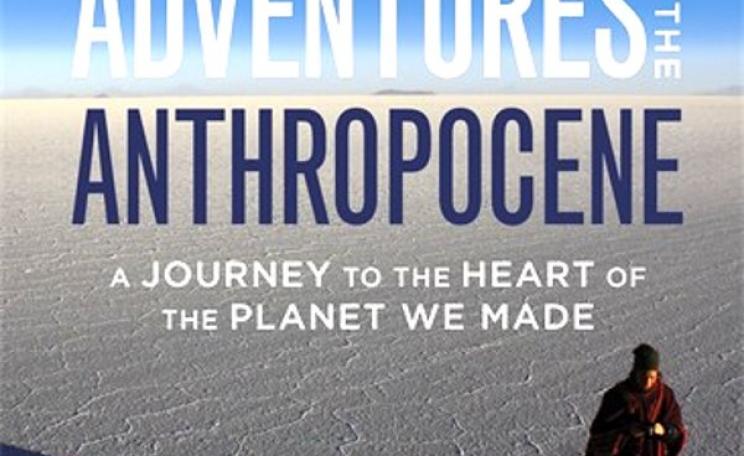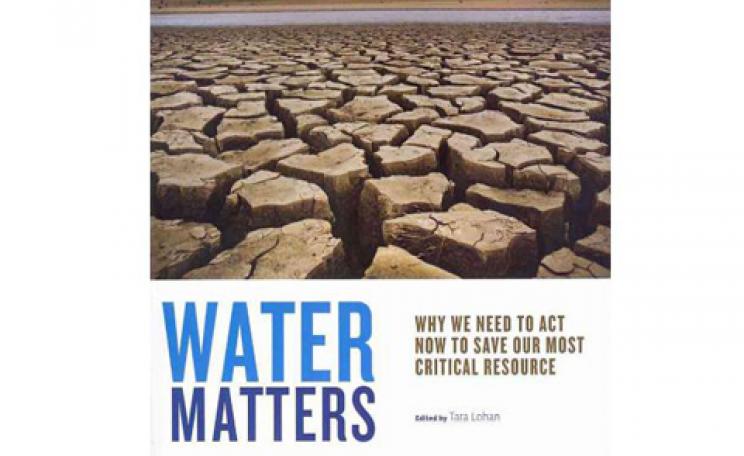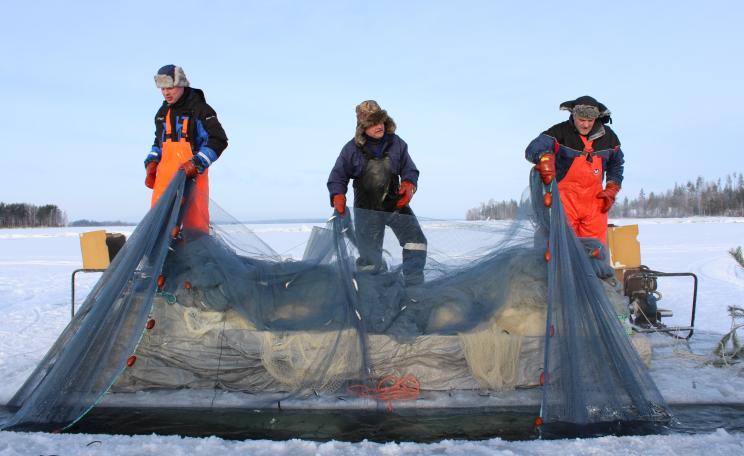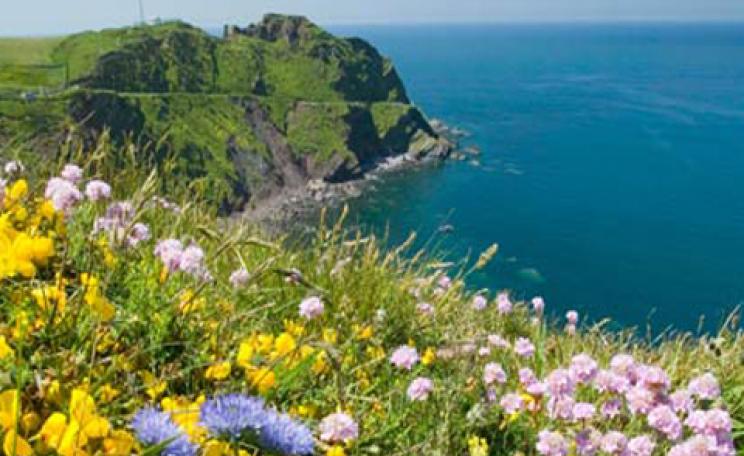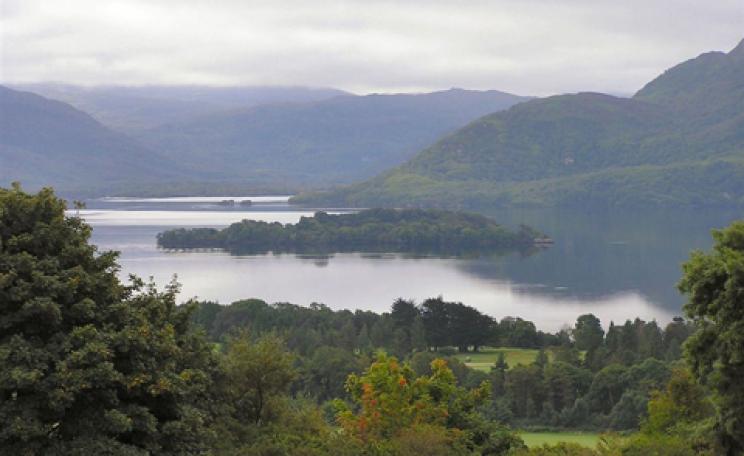Water is one of the building blocks of life: a basic substance we need to survive and thrive, along with countless other species and plants. But although two thirds of the surface of the planet is water, 97 per cent is salty. Worse still, only a third of the fresh water available is easily accessible in lake or river form. This is partly why, says Fred Pearce, fresh water is becoming an increasingly valuable commodity but it isn’t the only one. Population pressure, massive use of water for commercial agriculture and inept resource management are all part of a problem that threatens to spiral out of control. So what can we do about it? Pearce has a few ideas but the real focus of the book is on what will happen if we do nothing - and it isn’t a happy vision.
The massive scope of the problem is made plain by the sheer variety of examples Pearce brings to the table. Citing water shortages as a key factor in numerous global issues, Pearce demonstrates how everything from agricultural struggles in India to the continuing tensions in Israel and culture clashes between Mexico and the United States, can be traced back to water. And he’s certainly not wrong, as the recent dispute between Ethiopia and Egypt over who owns the waters of the Nile has shown. Pearce quotes government officials, hydro-engineers, farmers whose stories and direct experience of dealing with the issue gives the book compelling colour.
One of the great strengths of the book is the clarity with which Pearce lays out the effect of diminished water supplies on global politics. He takes issue with blundering attempts by governments to harness water via dams and drainage systems that often cause more problems than they solve. It’s an unfortunate but undeniable point: so many of our projects surrounding control and distribution of fresh water seem to be designed with a logic that is distinctly short term. It’s a key point: as Pearce never tires of pointing out, we can’t survive if we don’t take better care of our fresh water supplies. This is the bigger picture that Pearce wants us to understand, and he does an excellent job of making it plain. Not quite so effective is the device of using myriad individual stories to illustrate his point; the sheer volume of which makes them slightly disorienting. But even this has a point: lack of water might be a global issue, but it’s one that requires local solutions.
Pearce is aware of the fact that he’s approaching a very simple question with a very complex solution. In addition to the staggering amount of information, he also presents a few ideas for solving it. A mixture of the high tech and the ingenious; Pearce’s solutions are plausible, extremely practical and based on some of the creative water conservation ideas he’s come across while on his travels. One village in India, for instance, uses strategically constructed ponds to trap monsoon water along its drainage path. Pearce is optimistic but pragmatic too and emphasises that while different areas have different problems with water, there are solutions that can be adapted to fit. It’s a fair proposition. The real question, however, is when the talking will stop and the doing will start. For Pearce, real action on water resources can’t come soon enough.
When The Rivers Run Dry: What Happens When Our Water Runs Out? by Fred Pearce (£9.99, Key Porter LTD) is available from Beetroot Books
| READ MORE... | |
 |
REVIEW The Death and Life of Monterey Bay: A Story of Revival From natural paradise to environmental catastrophe and back again, the story of Monterey Bay is a compelling one. Lucky then, says Mark Newton, that marine biologists Stephen R. Palumbi and Carolyn Sotka do it justice |
 |
REVIEW Dominion: The Power of Man, the Suffering of Animals and the Call to Mercy Matthew Scully’s thoughtful look at the issues surrounding animal welfare is a triumph of lucid prose and cleverly marshalled argument, says Mark Newton |
 |
REVIEW Climate Change Denial Haydn Washington and John Cook’s work has wise words for climate change activists and deniers alike, says Jeremy Williams |
 |
REVIEW The Fate of Greenland: Lessons from Abrupt Climate Change The Fate of Greenland isn’t an easy read, says Jeff Holman, but what it lacks in style, it more than makes up in scholarship |
 |
REVIEW Saving the World’s Wildlife: WWF’s First Fifty Years Written to coincide with the WWF’s half century, Saving the World’s Wildlife is a fascinating account of the 50-year history of the world’s most famous eco charity |



